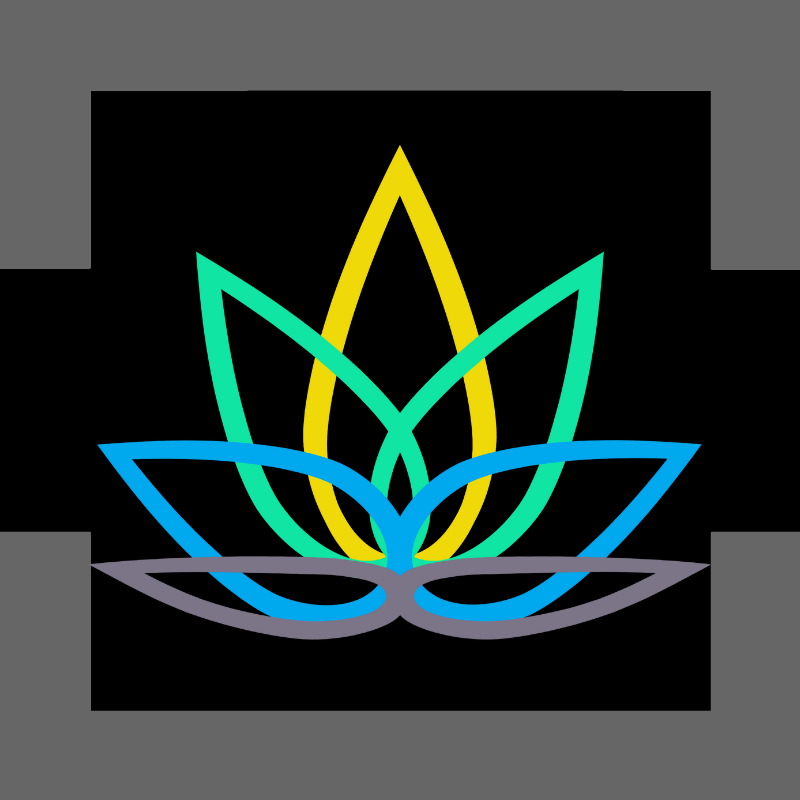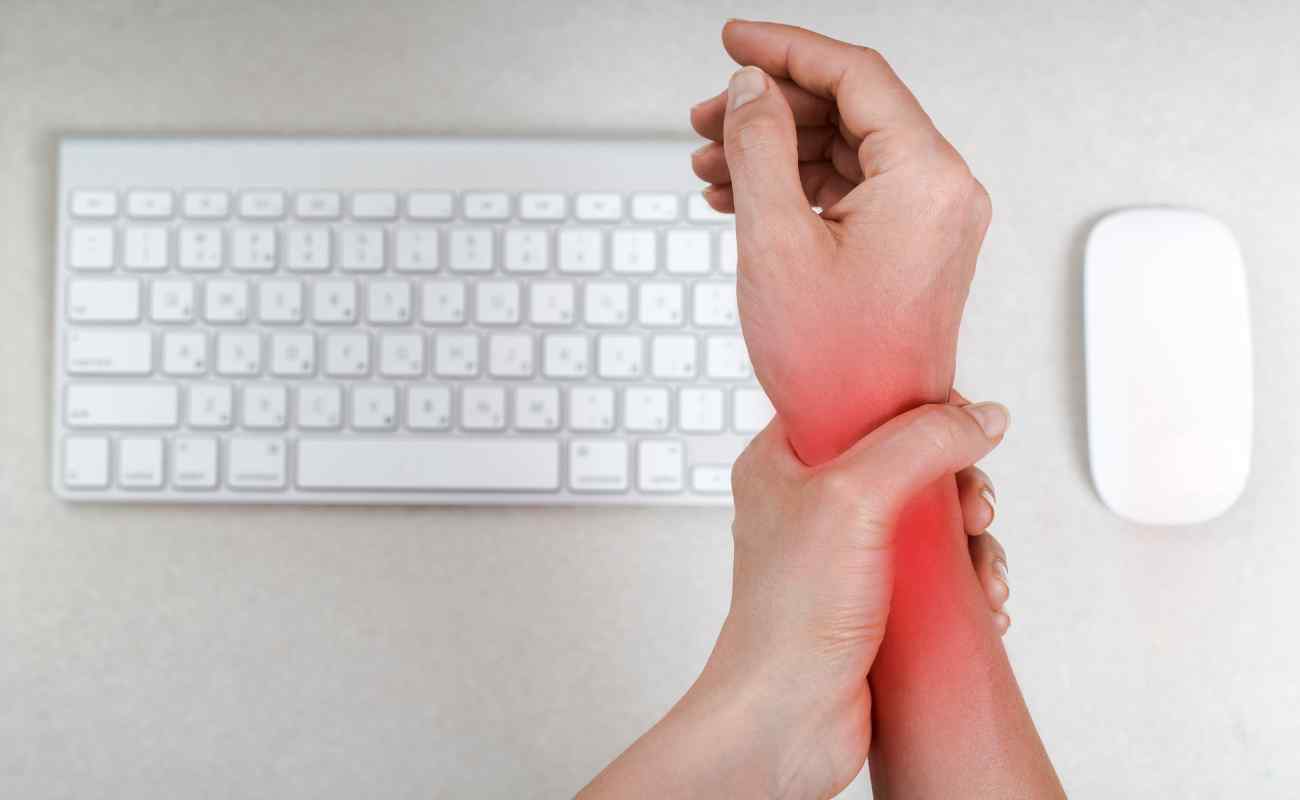
Physiotherapy for knee pain
Knee pain is one of the most common complaints in patients coming for Physiotherapy
treatment. Knees can be injured by trauma, repetitive strain or as a result of deficiencies
in motor control and muscle balance. It is important to seek treatment for your knee
pain as early as possible to avoid developing stubborn compensations strategies that
make the rehab process longer and more challenging.
The knee is a simple hinge joint that only allows flexion and extension. The complex
structure is made up of bones, tendons, and ligaments that are prone to tears, fractures,
sprains, and degeneration. However, the knee joint is complex due to the meniscal
(cartilage) structures that sit between the tibiofemoral joint. These two cartilaginous ring
structures deepen the groove of the knee, providing joint lubrication, nutrition and
provide sensory feedback to our brains. The meniscus can be injured with a sudden
movement, poor mechanics, or can get worn down with age and with repetitive poor
movement strategies.
Symptoms
The location and severity of knee pain may vary, depending on the cause of the
problem. Signs and symptoms that sometimes accompany knee pain include:
-Swelling and stiffness
-Redness and warmth to the touch
-Weakness or instability
-Popping or crunching noises
-Inability to fully straighten the knee
Causes
Knee pain can be caused by injuries, mechanical problems, types of arthritis and other
problems.
Injuries to the knees
–ACL injury. An ACL injury is a tear of the anterior cruciate ligament that
connects your shinbone to your thighbone. It is particularly common in people
who play basketball, soccer or other sports that require sudden changes in
direction.
–Fractures. The bones of the knee, including the kneecap (patella), can be
broken during falls or auto accidents. Also, people whose bones have been
weakened by osteoporosis can sometimes sustain a knee fracture even by
stepping wrongly.
–Torn meniscus. The meniscus is the tough, rubbery cartilage that acts as a
shock absorber between your shinbone and thighbone. It can be torn if you
suddenly twist your knee while bearing weight on it.
–Knee bursitis. Some knee injuries cause inflammation in the bursae, the small
sacs of fluid that cushion the outside of your knee joint so that tendons and
ligaments glide smoothly over the joint.
–Patellar tendinitis. This inflammation can happen when there’s an injury to the
patellar tendon, which runs from patella to the shinbone and allows you to kick,
run and jump.
Mechanical Problems
Some examples of mechanical problems that can cause knee pain include:
-Loose body. Sometimes, injury or degeneration of bone or cartilage can cause a
piece of bone or cartilage to break off and float in the joint space. This may not
create any problems unless the loose body interferes with knee joint movement,
in which case the effect is something like a pencil caught in a door hinge.
-Iliotibial band syndrome. This occurs when the tough band of tissue (iliotibial
band) that extends from the outside of your hip to the outside of your knee
becomes so tight & rubs against the outer portion of your thighbone. Distance
runners and cyclists are especially susceptible to iliotibial band syndrome.
-Dislocated kneecap. This occurs when the triangular bone in front of your knee
(patella) slips out of place, usually to the outside of your knee. In some cases, it
may stay displaced, and you’ll be able to see the dislocation.
-Hip or foot pain. If you have hip or foot pain, you may change the way you walk
to spare your painful joint. This altered gait can place more stress on your knee
joint and cause knee pain.
Arthritis
More than 100 different types of arthritis exist. The varieties most likely to affect the
knee include:
-Osteoarthritis. Sometimes called degenerative arthritis, osteoarthritis is the
most common type of arthritis. It’s a wear-and-tear condition that occurs when
the cartilage in your knee deteriorates with use and age.
-Rheumatoid arthritis. Rheumatoid arthritis is an autoimmune condition that can
affect almost any joint in your body, including your knees. Although rheumatoid
arthritis is a chronic disease, it tends to vary in severity and may even come and
go.
-Gout. This type of arthritis occurs when uric acid crystals build up in the joint.
While gout most commonly affects the big toe, it can also occur in the knee.
-Pseudogout. Often mistaken for gout, pseudogout is caused by calcium-
containing crystals that develop in the joint fluid. Knees are the most common
joint affected by pseudogout.
-Septic arthritis. Sometimes your knee joint can become infected, leading to
swelling, pain and redness. Septic arthritis causes a fever and can quickly cause
extensive damage to the knee cartilage. If you have knee pain with any of the
symptoms of septic arthritis, see your doctor right away.
Physiotherapy for Knee Pain
Your Physiotherapist will perform a detailed assessment to determine the exact cause
of pain and can recommend different types of strengthening exercises based on the
specific condition that is causing your pain. Strengthening the muscles around your
knee will make it more stable. They may use physiotherapy modalities like
interferential therapy, Laser therapy and Ultrasound therapy to promote healing. Muscle
imbalance, inflammation, and scar tissue can cause the soft tissue around your knee to
tighten. If this has occurred, one of our physiotherapists will be able to identify it and
relieve any tight tissue using manual therapy and soft tissue release techniques.
If you are physically active or practice a sport, you may need exercises to correct
movement patterns that may be affecting your knees and to establish good technique
during your sport or activity. Exercises to improve your flexibility and balance are
important.
Education
Education regarding lifestyle modifications, pacing, posture re-education and gradual
reintegration of activities will be covered. Your therapist may also recommend a knee
brace or tape to support and protect your knee.
Custom Orthotics
These are essentially arch supports. Sometimes with wedges on one side of the heel,
can help shift pressure away from the side of the knee most affected by osteoarthritis.
Knee injuries can be debilitating and frustrating. Even though knee pain may appear
simple to the untrained eye, determining its cause often requires a thorough
examination by a physiotherapist. The knee is an often-used part of your body
responsible for activities like walking, climbing, rising, squatting, and jumping. Chronic
pain in the knee can affect every aspect of life. By working with your physiotherapist to
help keep your knee joint strong and mobile, you can prevent problems with your knee
and maintain mobility.
When working with an injury, soft tissues take between six and eight weeks to heal.
Your program may last that long or include an extra couple of weeks to assess the
damage and make sure there are no other underlying problems that you may need to
address. For diseases such as osteoarthritis, treatments may require some ongoing
maintenance and need constant observation to prevent the worsening of symptoms and
alleviate pain.
Knee Pain Treatment in Mississauga and Oakville:
Are you suffering through chronic knee pain? Are you having knee pain while engaging in activities like biking? Particularly pain near the outer edge of the knee? Did you go through a fracture of the knee?
If you are looking for Knee Pain treatment Mississauga or Oakville, or treatment for knee pain, you have come to the right place! Your experts here work extra hard so that we can earn your trust as Your best knee pain treatment center in Mississauga and Oakville. Our Mississauga and Oakville Therapy experts are highly trained and experienced in providing a range of treatments from manual therapy to soft tissue release. They can also teach you knee stretches for knee pain, targeted exercises for knee pain, and home exercises for knee pain, to get you pain relief at one of our Mississauga and Oakville clinics. They can also get you orthotic insoles for knee pain that remediate any foot-related disformations.
We welcome you to click below to book an appointment with one of our expert physiotherapists.
Knee Pain Clinic Mississauga:
Physiotherapy Clinic Mississauga – Curezone Physiotherapy, Heartland Mississauga.
Physiotherapy Clinic Erin Mills – Curezone Physiotherapy, Erin Mills Mississauga.
Knee Pain Clinic Oakville:
Physiotherapy Clinic Oakville – Curezone Physiotherapy, Burloak Oakville.





